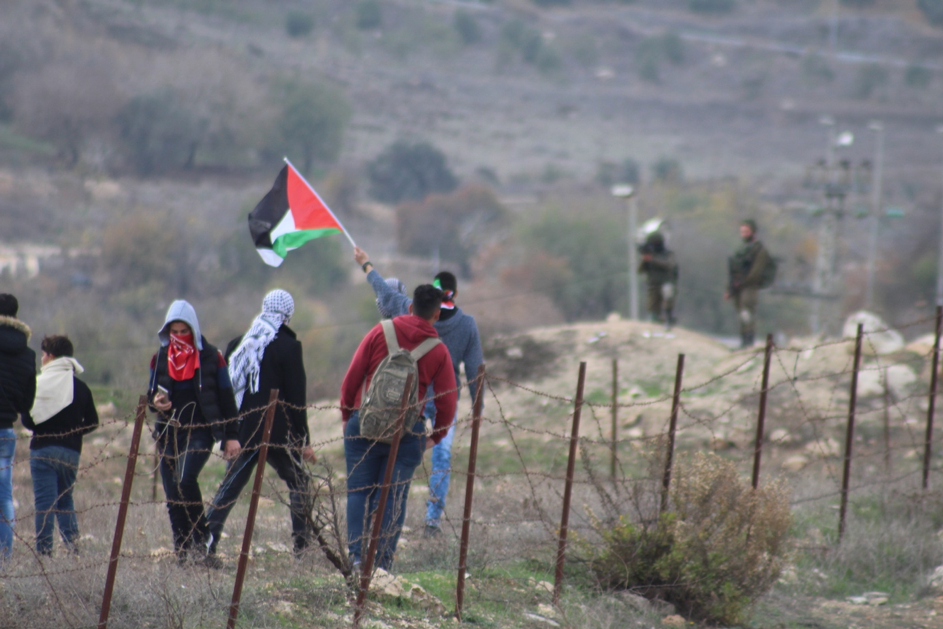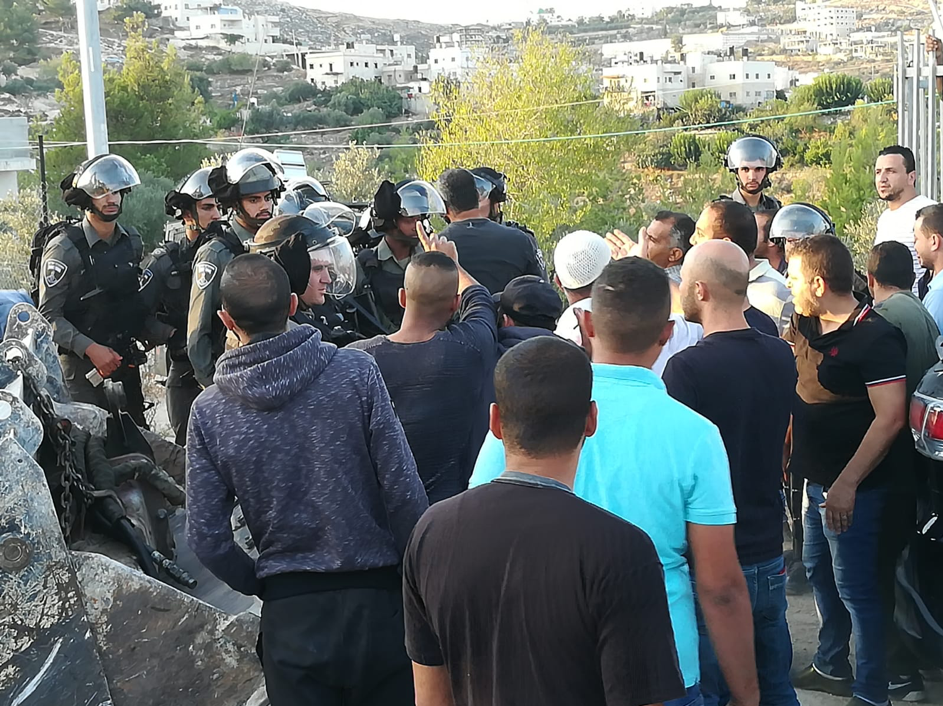
The 46th commemoration of Land Day - held annually on March 30 - is an emblematic reminder of the countless human rights violations that have characterized 50 years of dispossession of Palestinian land.
It all began on March 30, 1976, when the Israeli government declared its intention to requisition 2,000 hectares of land belonging to Palestinian citizens in the Galilee region of Israel for official purposes.
The Palestinian people launched large protests, mainly in the affected areas. This was an important event, as public protests by Arab citizens were rare before the 1970s. This event united Arabs on both sides of the Israeli border. Thousands of Palestinians demonstrated from the Galilee in the north to the Negev in the south against the expropriation of Palestinian land as part of Israel's policy of "Judaization" of the region at the expense of the indigenous population. The demonstrators met with strong resistance. Hundreds were injured and six Palestinian civilians were killed by Israeli forces. In doing so, Israel ruled out any form of resistance, denying Palestinians their legal right to resist the occupation by any means they choose.
Since then, thousands of Palestinians - families, people of all ages and genders - commemorate Land Day by peacefully marching to the border areas of the Gaza Strip. They call it the Great March of Return. They also plant olive trees to collectively resist the Israeli occupation and its associated crimes. Land Day is a reminder that Israel's policy of settlement building and confiscation of Palestinian land entrenches injustice and violations against Palestinians.

46 years later, the theft of Palestinian land and the expulsion of its inhabitants continues everyday. Following its long-standing policy of settlement colonialism, Israel has systematically exacerbated its process of expropriation on the basis of old and new laws, expanding settlements, encircling and fragmenting Palestinian lands, and creating conditions that make Palestinian life unbearable.
One of the most pertinent examples of forced displacement and the impact of Israel’s policies is seen in the Sheikh Jarrah neighbourhood in East Jerusalem. The majority Palestinian residents in this area are under threat of expulsion and forced displacement. The families in Sheikh Jarrah have been leading peaceful protests against their eviction for over a decade as well as fighting legal battles against a right-wing Israeli settler organisation attempting to take over their homes. Israeli security forces killed 74 Palestinians in law enforcement operations. The West Bank, including East Jerusalem, saw an increase in the unjustified and disproportionate use of force by Israeli security forces in the context of demonstrations against the military occupation, settlement expansion and expulsions of Palestinians, and in response to attacks or alleged attacks by Palestinians on Israelis.
Geneva International Centre for Justice (GICJ) condemns the war crimes and human rights violations committed by Israel. We support the Palestinian people and their right to live in peace and security. There is no more essential time than the present to make the Palestinian struggle for sovereignty over their land a global one.
Palestine, Oppression, Freedom, Apartheid, Occupation, End Occupation, Occupied Palestinian Territories, geneva4justice, GICJ, Geneva International Centre For Justice, Justice
Image source : GICJ archives









